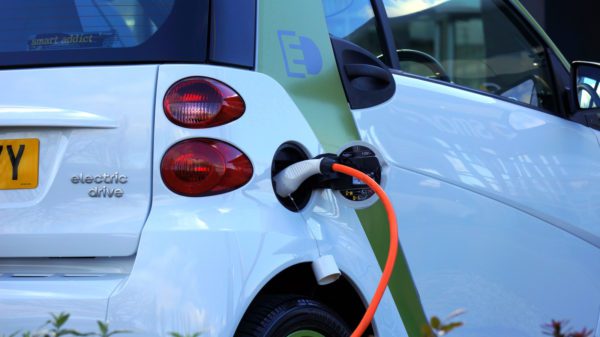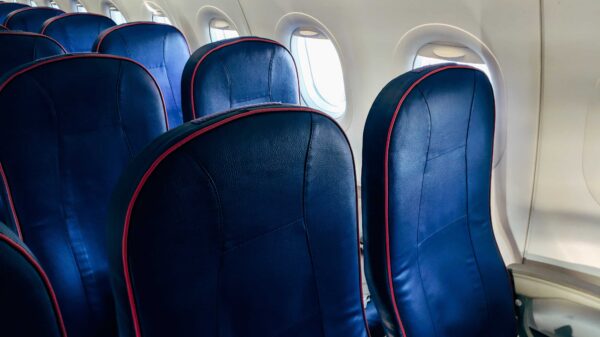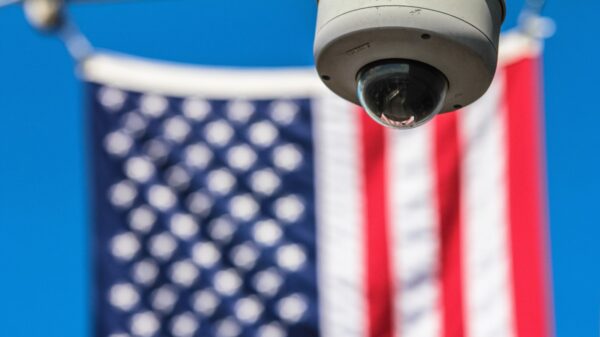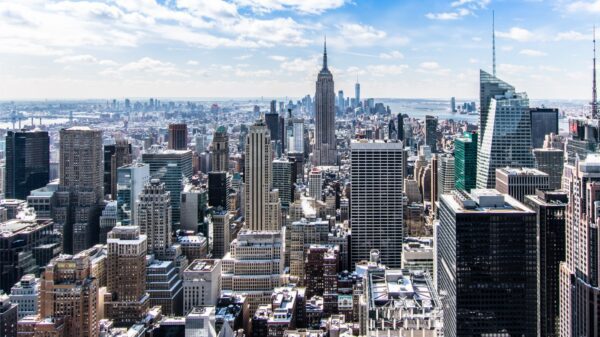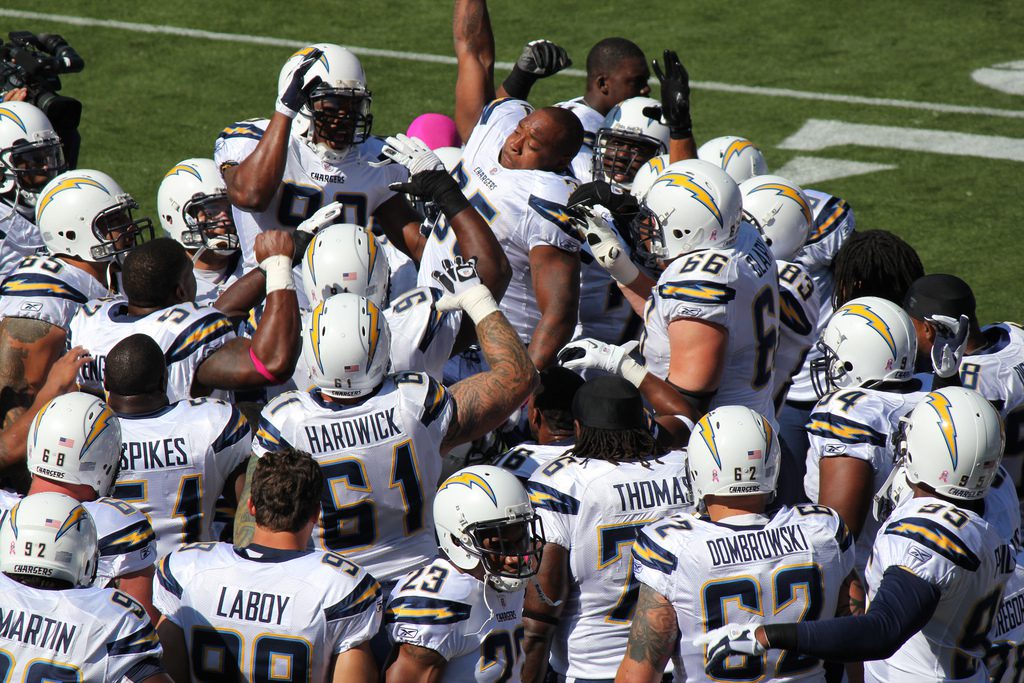What do Paris Hilton’s Grandfather, Ryan Seacrest, and the hot pursuit of public subsidies have in common: They’re part of the story why two California NFL teams are now Los Angeles-based.
Starting next season, the Chargers will join the Rams (who moved from St. Louis ahead of the 2016 season) in L.A. after abandoning their previous home in San Diego. The reason they left is quite straightforward, as the owners didn’t get the public subsidies they desired to build new stadiums. When the deals offered by San Diego and St. Louis weren’t sweet enough, they decided to bolt for La La land.
Boomerang teams
The Chargers and the Rams originally had L.A. in front of their team names. In fact, Paris Hilton’s grandfather, Barron Hilton, the former Chargers owner, moved his team to San Diego in 1961, complaining that he couldn’t compete in the same market as the Rams.
Years later, in 1995, the Rams followed suit and left palm-tree studded paradise for the Midwest, where they were offered generous public support for a new stadium. They had quite a good run for many years, until their subsidy-driven love affair with the saintly town went sour. The owner demanded a new stadium, and you guessed it–the city balked at the cost of building them new team digs. Stan Kroenke, the Rams owner, negotiated the move with a brand-spanking new stadium in a suburb of L.A.
More recently, Dean Spanos, the Chargers owner, would piggyback off of this plan, and yank his team away from their longstanding hometown 70 miles south of the land of movie stars.
Fiscal sanity chases teams away
Earlier this year, when the news finally was confirmed that the Chargers would indeed be moving to the L.A. basin, Ryan Seacrest put Spanos on his famous morning radio show and told him point blank: “I read in the L.A. Times that you’re a villain.”
Dick Clark’s successor suggested that Spanos would have difficulty getting a cup of coffee in the town that he abandoned.
The Chargers owner laid blame on the lack of political will to get public subsidies for a new stadium. “This is not a reflection on the fans,” Spanos said. “It’s very difficult to get public subsidies there, and there’s just not the will to do it.”
Last year, San Diego voters had soundly rejected a new downtown stadium and a convention center expansion, 57 percent to 43 percent. Not surprisingly, the Rams have a similar tale to tell.
The New York Times in their article “In Losing the Rams, St. Louis Wins” highlighted that shedding that football team saved the city hundreds of millions of dollars. St. Louis, especially the city proper, isn’t doing very well economically, and probably couldn’t shoulder the cost of a new stadium.
It’s raining subsidies in SoCal
The Rams and the Charger’s new shared stadium will be under construction soon, and it is expected to cost approximately three billion dollars according to some estimates. Naturally, public subsidies are a large part of making the super stadium a reality.
The bad news for the NFL and taxpayers alike is that having two teams in L.A. hasn’t been exactly profitable in the past. In 1994, when the Raiders (who moved to Oakland) and the Rams were both in the LA market, both teams ranked near the bottom in home attendance.
This is a country-wide problem
The NFL is enormously profitable, regularly pulling in a billion dollars in profits in recent years. As a CNN article put it: “If you’re a U.S. taxpayer then you’re subsidizing the wildly profitable National Football League, regardless of whether you’re a fan.”
In all fairness, some teams, like the New York Giants and Jets completely paid for their own stadium without taxpayer support. On the other hand, you have other teams that have milked their local tax bases dry.
The Tampa Bay Buccaneers didn’t pay a nickel for their stadium. Other teams, like the Baltimore Ravens and Cincinnati Bengals, also got sweetheart deals.
Takeaway: Cities are strapped, they shouldn’t be squandering tax dollars on football teams.
The NFL would likely remain profitable even if cities didn’t offer generous subsidies. During an era where many cities find themselves in precarious fiscal situations, it’s unfair to citizens to prioritize stadiums over the delivery of basic city services.
Make no mistake: The massive profits that we’re seeing for NFL owners are made in possible by a taxpayer like you. If citizens around the country were to band together and say enough, we wouldn’t have bizarre phenomenons like two football teams playing in L.A.
Public officials in L.A. made the wrong choice. Mayors across America take notes, please don’t follow this example.





